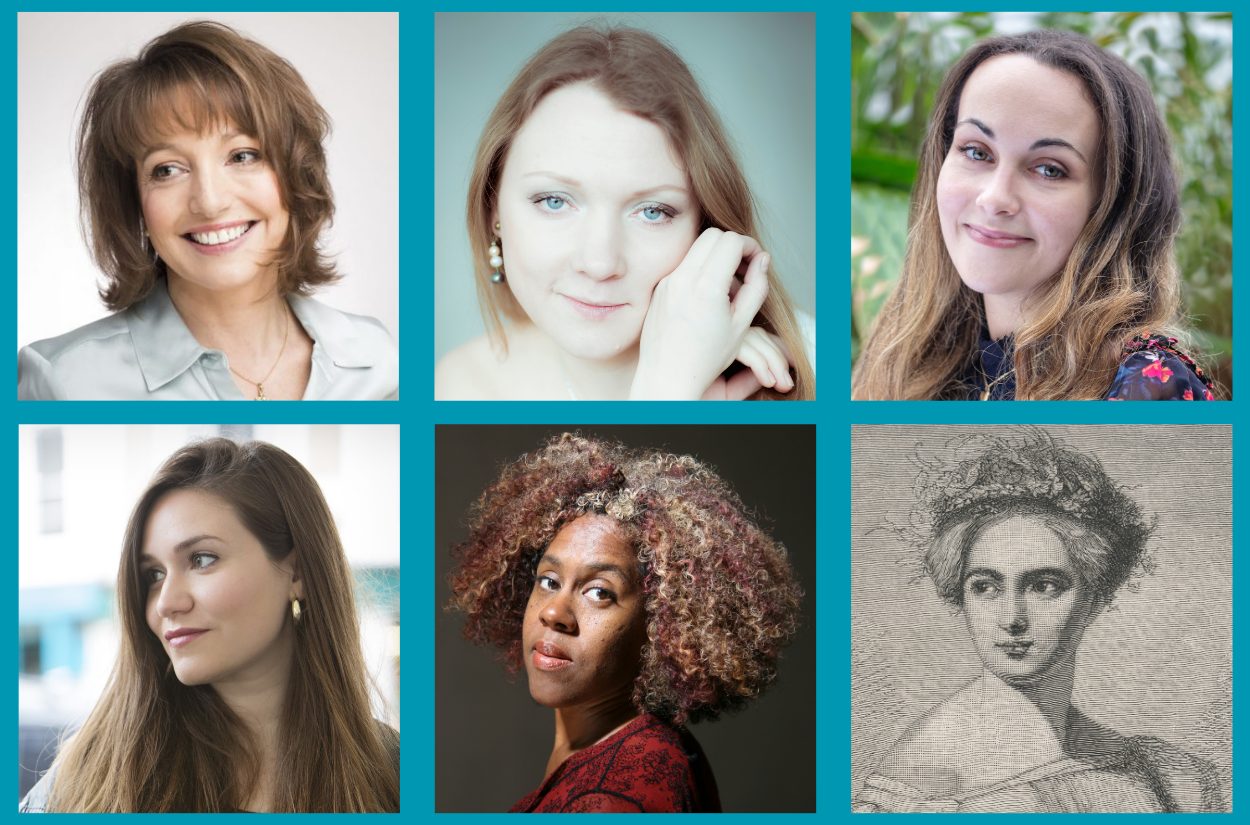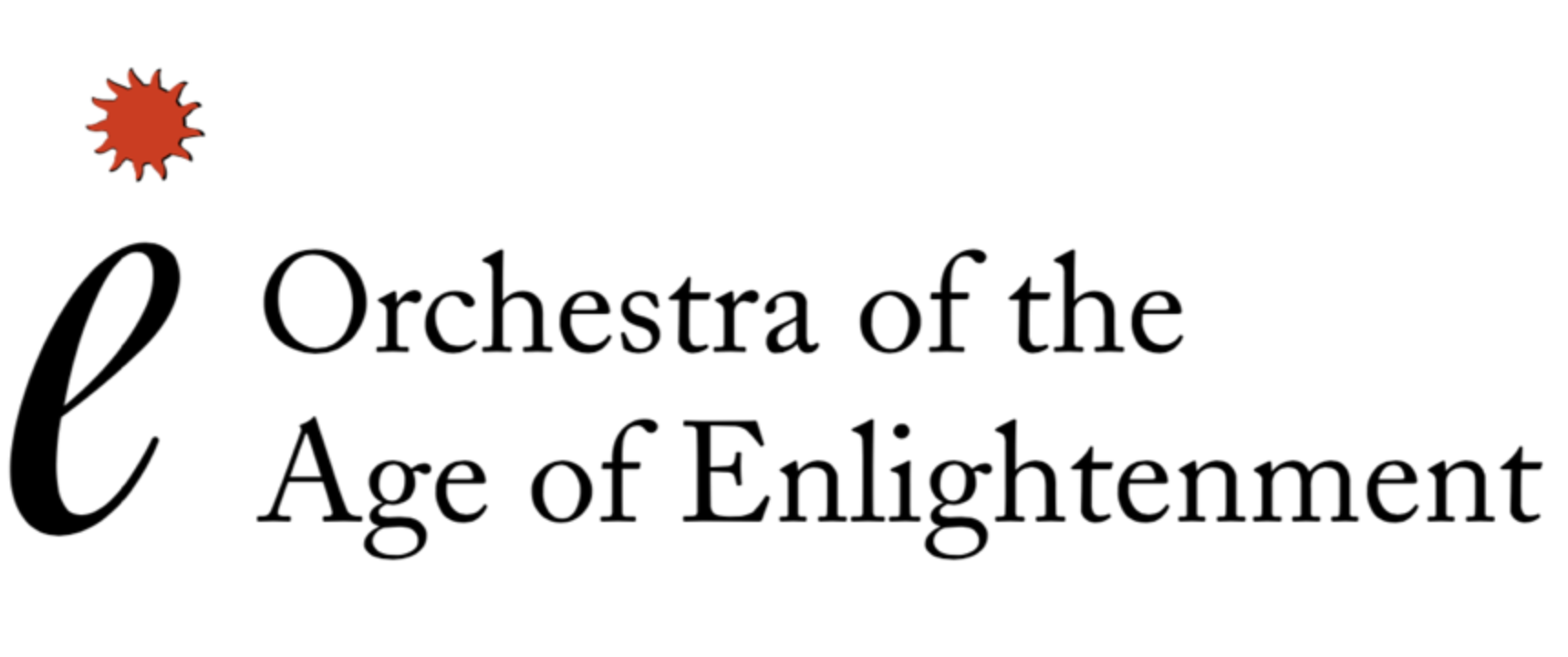Reimagining Fanny Mendelssohn’s Das Jahr 12 April 2024

"It is a small work that is giving me much fun"
Fanny Mendelssohn’s own description of her piece Das Jahr (The Year) as a “small work that is giving me much fun” perhaps reflects the pervasive disparity in the 19th Century in how the work of women composers was valued in comparison to their male counterparts. Das Jahr is a substantial piece with the entire cycle taking around 50 minutes to perform; after all, the popular ‘Charakterstücke’ genre included now well-established pillars of the piano repertoire such as Schumann’s Davidsbündlertanzen, whilst Fanny’s work predates Tchaikovsky’s The Seasons by over 30 years.
The Das Jahr project developed from conversations around how the OAE, an orchestra which focuses on music from the 17th to 19th Centuries, could address the issue of programming more works by women composers. Double bassist Cecelia Bruggemeyer, who chairs the OAE’s Players Artistic Committee, explains the issues involved: “Not many people can list female composers of the 19th Century in Europe. Even with the desire to raise their profile, and recent research work that is broadening the canon, there’s very little for us to draw on when putting programmes together. The commissioning structures of the time meant that women simply didn’t get the opportunities to write for orchestras, or get published. Fanny Mendelssohn is a prime example: she’s an incredibly talented composer that had very little opportunity or encouragement to write orchestral music. She did, however, leave a legacy of over 400 pieces of chamber music and songs.”
Max Mandel, principal viola of the OAE, who has acted as an artistic co-ordinator on the project, adds that the “piano cycle, Das Jahr, stands out as a particularly ambitious work and the idea came to us that we could work with living composers to reimagine it as a multi-movement work for our orchestra… a vision of what Fanny might have created in 1841 in a more equal world.”
So that’s why we’ve commissioned Roxanna Panufnik, Electra Perivolaris, Freya Waley-Cohen and Errollyn Wallen to compose new work for an 1840s period orchestra.
"The Das Jahr commission provides an interesting opportunity to reflect not only on the work of one of the most prolific composers of the German early Romantic era, Fanny Mendelssohn, but also to address and consider the consequences that led to her having to publish many compositions under her younger brother’s name, remaining relatively unknown within her life..."
Electra Perivolaris picks up the theme of equality for women composers: “The Das Jahr commission provides an interesting opportunity to reflect not only on the work of one of the most prolific composers of the German early Romantic era, Fanny Mendelssohn, but also to address and consider the consequences that led to her having to publish many compositions under her younger brother’s name, remaining relatively unknown within her life with her talents only being fully appreciated from the 1980s onwards. Although the situation for composers identifying as women has certainly improved since Fanny Mendelssohn’s lifetime, certain challenges still remain and the OAE’s Das Jahr commission brings together current female composers from across different generations, cultures and backgrounds to compose original music for this reimagining of Das Jahr from a contemporary perspective.”
The project continues the OAE’s tradition of working with composers to create new repertoire for period instruments, with our most recent commission being Sally Beamish’s The Judas Passion in 2017. Freya Waley-Cohen observes of the unique challenge of writing for very specific historical instruments: “I’m really excited to dive into the sound worlds opened up by the period instruments of the OAE: the quirks of each instrument, the possibilities, the restrictions, and all the ways these interact with each other in different and unexpected combinations of instrumentations as well as the ensemble at large.”
Das Jahr is a set of thirteen pieces (‘Charakterstücke’). Twelve describe a month of the year with the thirteenth being a Postlude. Each is prefaced by a quote from a German poet and Fanny’s husband, Wilhelm Hensel, provided illustrations for each. Each composer’s commission will be inspired by one of the pieces within the cycle. Electra Perivolaris’ will take ‘March’ as her starting point, followed by a contribution inspired by ‘April’ from Errollyn Wallen. Freya Waley-Cohen’s commission will draw on “her beautiful and elegant June serenade with visitations or memories of the darkly playful February scherzo”. Finally, Roxanna Panufnik will compose a piece inspired by the closing movement, ‘Nachspiel’, which she says “appealed to me with its intense focus on harmony which moves and never really settles until the very end.”
The commissions will be presented at a concert on Sunday 23 March 2025 at the Southbank Centre’s Queen Elizabeth Hall as part of our 2024/25 season. The new works will frame a performance of Fanny Mendelssohn’s cycle on fortepiano by Olga Pashchenko.
"Women composers are in an incomparable position today - our work is widely programmed now and there are clear role models and pathways which wouldn’t have been available to Fanny. I hope she’s looking down on us and cheering loudly - and happy that her music still relates to our sense and emotions, after 200 years."
Reflecting on the parallels and changes between the times and working conditions of composers in Fanny Mendelssohn’s era and now, Roxanna Panufnik said:
“Women composers are in an incomparable position today – our work is widely programmed now and there are clear role models and pathways which wouldn’t have been available to Fanny. I hope she’s looking down on us and cheering loudly – and happy that her music still relates to our sense and emotions, after 200 years.”
Das Jahr is supported by Cockayne Grants for the Arts: a donor advised fund held at The London Community Foundation.

